My journey with MS began when I was just six years old. It started with strange visual disturbances – flashing lights and dots that clouded my world. What followed was a whirlwind of doctor’s appointments and neurological tests, but at nine, the doctors concluded it was psychological.
For four years, until I was nine years old, I underwent behavioural therapy, being told it was all in my head. Despite the support of my paediatrician, the trauma of being dismissed by medical professionals made me keep my struggles to myself, fearing I wouldn’t be believed.
At thirteen, I lost all feeling in my right hand, a stark reminder that something was seriously wrong. Yet, once again, a neurologist told me it was psychological. For years, I was unable to write or use my hand as I wasn’t receiving the right treatment.
Then, at fourteen, numbness crept from my head to my toes. This was the moment I knew it was not in my head. Another trip to the neurologist yielded little hope until an MRI uncovered the truth – multiple lesions on my brain and spine, finally explaining my symptoms.
The whole diagnosis process was not easy for me, as I was young, and many doctors didn’t believe me. It took eight long years to receive a diagnosis, and throughout my journey, my mom and family were my biggest support system. They never stopped fighting for me, pushing for better care and accommodations. But I also learned the importance of self-advocacy – of trusting myself and knowing my body.
Finding medical professionals – such as a neurologist I could trust and be comfortable with, and MS nurses who I can share my concerns with – has been critical. MS has impacted every aspect of my life – friendships, education, even my ability to work.
The lack of awareness and support for young people with MS is staggering, and I’m determined to change that. No one should face the hurdles I did, especially in school. The education system has very poor special considerations for children with disabilities, and I believe there is much that needs to be changed.
Luckily for me, I had parents and a school who fought for me to get better considerations, which were still not good enough. However, for other children with MS, I know they do not have these supports, making them unable to complete school. For me, helping others with MS through school is very important as I know the struggles I faced, which nearly led me to drop out.
Now, I strive to be a voice for others with MS, ensuring they receive the understanding and assistance they deserve. It’s a journey filled with challenges, but with the love of my family and the support of the MS community, I know we can make a difference.









